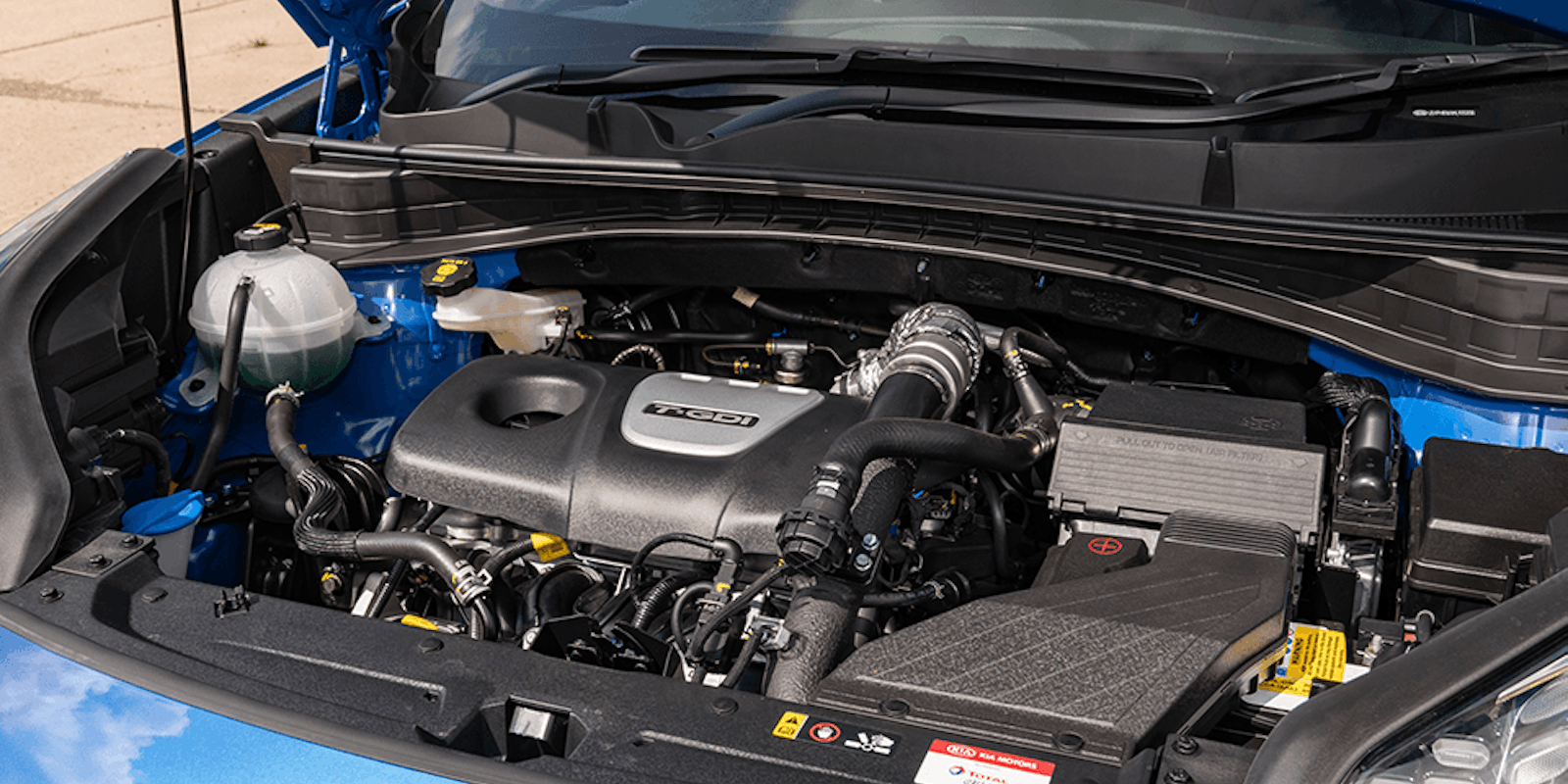
Understanding Engine Care Basics
1. Regular Oil Changes
Ensuring your car’s engine receives regular oil changes is paramount to its longevity and performance. Engine oil lubricates moving parts, reduces friction, and helps dissipate heat. Refer to your owner’s manual for the recommended oil change intervals and choose high-quality oil suitable for your vehicle’s engine type.
2. Monitor Fluid Levels
Aside from engine oil, monitoring other fluid levels such as coolant, transmission fluid, and brake fluid is crucial for optimal engine performance. Low fluid levels can lead to overheating, component wear, and potential breakdowns. Regularly check and top up fluids as needed, following manufacturer recommendations.
Engine Maintenance Practices
1. Clean Air Filters
Air filters prevent dust, debris, and contaminants from entering the engine, ensuring clean airflow for combustion. Over time, air filters accumulate dirt and particles, restricting airflow and reducing engine efficiency. Replace or clean air filters according to your car’s maintenance schedule to maintain optimal engine performance.
2. Inspect Belts and Hoses
Belts and hoses play vital roles in engine operation, driving accessories such as the alternator, water pump, and power steering pump. Inspect belts for signs of wear, cracking, or fraying, and replace them if necessary. Likewise, check hoses for leaks, cracks, or bulges, as damaged hoses can lead to coolant leaks and engine overheating.
3. Maintain Proper Engine Temperature
Monitoring and maintaining the engine’s operating temperature is essential for preventing overheating and engine damage. Ensure the radiator and cooling system are functioning correctly, and flush the cooling system periodically to remove debris and contaminants. Replace the thermostat if it’s faulty to prevent temperature fluctuations.
Advanced Engine Care Techniques
1. Perform Regular Engine Tune-Ups
Regular engine tune-ups involve inspecting and adjusting various components to optimize engine performance and fuel efficiency. This includes checking spark plugs, ignition timing, fuel injectors, and emission systems. Schedule tune-ups according to your car’s maintenance schedule or if you notice any performance issues.
2. Use Fuel Additives
Fuel additives can enhance fuel quality, clean fuel injectors, and remove deposits from the combustion chamber, leading to smoother engine operation and improved fuel efficiency. Choose additives recommended for your vehicle’s engine type and follow the manufacturer’s instructions for proper usage.
Preventive Measures for Engine Health
1. Drive Responsibly
Driving habits significantly impact engine health and longevity. Avoid aggressive driving, excessive idling, and frequent rapid acceleration, as these behaviors can strain the engine and increase wear and tear. Drive smoothly and adhere to speed limits to reduce stress on the engine and prolong its lifespan.
2. Keep Your Engine Clean
Regularly cleaning your engine bay helps prevent the buildup of dirt, grease, and debris, which can impede airflow and cause overheating. Use a degreaser and a soft brush to remove grime from engine components, taking care to avoid electrical connections and sensitive parts. Rinse thoroughly and allow the engine to dry completely before starting the car.
Expert Recommendations for Engine Maintenance
1. Schedule Professional Inspections
In addition to DIY maintenance tasks, scheduling periodic inspections by a qualified mechanic is essential for identifying potential issues early on. A professional technician can perform comprehensive diagnostics, detect hidden problems, and recommend necessary repairs or replacements to keep your engine running smoothly.
2. Invest in Quality Parts and Service
When replacing components or servicing your car’s engine, prioritize quality parts and reputable service providers. Opting for genuine OEM (Original Equipment Manufacturer) parts ensures compatibility and reliability, while choosing certified mechanics guarantees expertise and professionalism in servicing your vehicle.
Conclusion
Caring for your car’s engine is essential for ensuring its longevity, reliability, and performance. By following these tips and incorporating regular maintenance practices into your routine, you can keep your engine in optimal condition and enjoy trouble-free driving for years to come. Remember to adhere to manufacturer recommendations, seek professional assistance when needed, and prioritize preventive measures to safeguard your engine’s health.